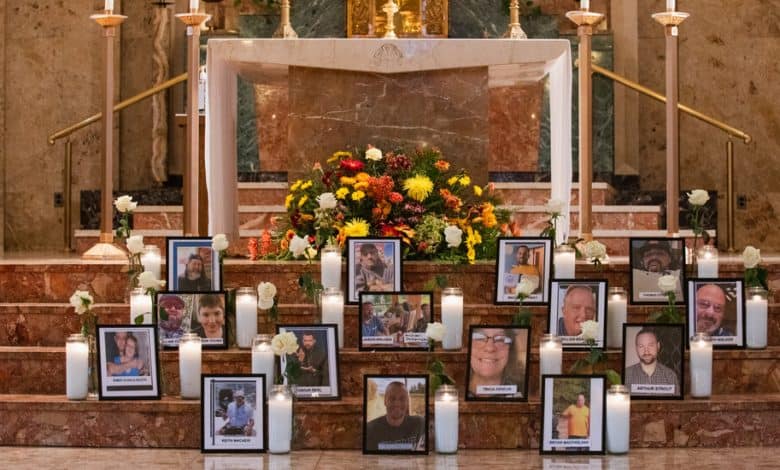Army Sees No Link to Blast Exposure in Maine Gunman’s Mental Issues

An Army investigation into the October 2023 mass shooting committed by an Army Reserve soldier, Robert Card II, found that a number of factors contributed to the Army’s inaction as Mr. Card’s mental health careened toward violence, including procedural breakdowns, missteps by commanders and rules that restrict military authority over reserve soldiers when they are out of uniform.
But the report said the Army saw no link between his mental health problems and the years he spent working as a grenade instructor, repeatedly exposed to explosions on the practice range.
Every summer for eight years, Mr. Card taught cadets at the U.S. Military Academy at West Point to use heavy weapons, including machine guns and shoulder-fired anti-tank guns. For five of those years, he worked on the grenade range, where about 2,400 grenades exploded over a two-week period. By age 40, he wore hearing aids.
Last July, he was supposed to run machine-gun training for cadets, despite having missed a mandatory training session in the spring, the report said. But he was behaving so erratically in July that his Army Reserve commander had him hospitalized at a civilian psychiatric hospital in New York.
The hospital determined that Mr. Card was experiencing psychosis and homicidal thoughts and had a “hit list.” Doctors moved to commit the soldier involuntarily for treatment, but the effort was dropped by the hospital under what the Army report called “questionable circumstances,” and Mr. Card was released after 19 days.